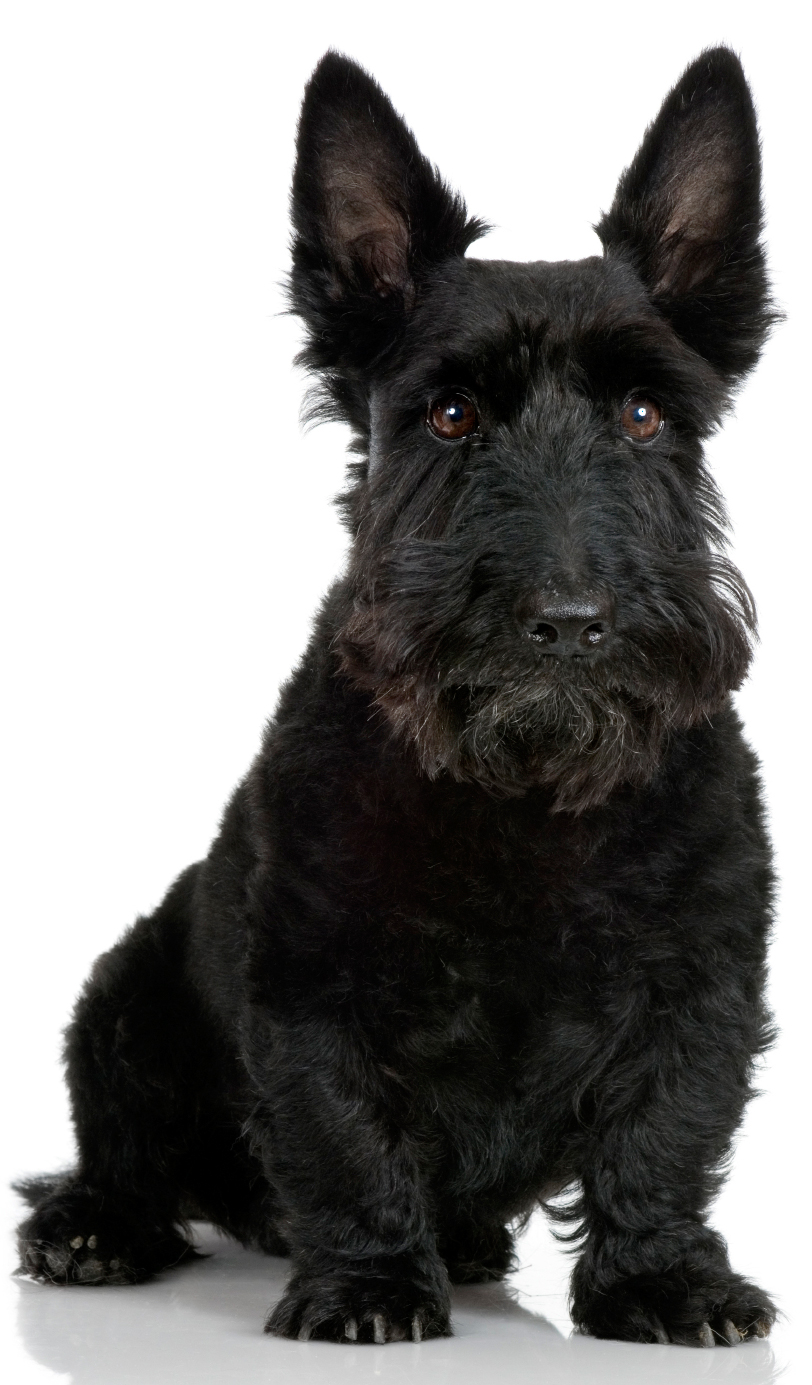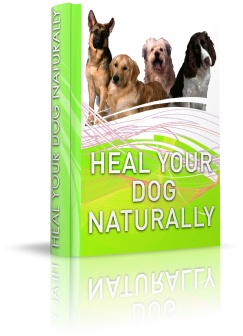BABY ON THE WAY? MAKE TIME TO PREPARE YOUR PET
July 20, 2012 by admin
Filed under Uncategorized
“Parents have months to get ready for a baby. Experts say the countdown should include prep time for pets too.
A baby changes everything for a pet — from how its home looks, smells and sounds to what the rules are.
Low energy, friendly, social dogs are the most adaptable pets, while independent, excitable, high maintenance, busybody dogs are the least adaptable, said San Francisco veterinarian and animal behaviorist Sophia Yin.
“Little dogs can be more jealous and more snippy,” said Lynn Sullivan, community health program manager for The Birth Place at Santa Monica-UCLA Medical Center and Orthopaedic Hospital.
When Saya Barrett learned she and husband Jack were going to have a baby, she worried that their 15-pound, 5-year-old poodle, Latte, would be jealous.
Instead, Barrett said, Latte “was curious. He could hear her little noises from the crib but had no idea what they were or where they were coming from. He figured it out pretty soon though.
He did what any other confused dog would do — looked around, sniffed, then soon found her in her crib.
“Almost immediately, she said, they knew “Latte would be a good big brother” to baby Aila, now 4 months old: “Latte is very good to her. He will lick her hands and feet if we are sitting on the couch together.”
While Latte adjusted easily, Yin said making some changes before the baby arrives can help a pet and ease new parent anxieties.
Maybe your dog needs to learn some basic commands like sit, down or stay, she said. If your dog is used to jumping in your lap or up onto furniture, new boundaries should be set before the baby comes home. Maybe you have to move the cat’s litter box to make way for a crib.
If your dog is uncomfortable around visitors, add some social activities like trips to the dog park.
You can buy CDs or find online recordings of baby sounds, including rattles and cries, Yin said. Pairing noises with treats will make the newness easier to accept.
Use baby powder, shampoo and lotions before the baby is born. While the baby is still at the hospital, take a shirt or blanket the baby has used and let your pet get familiar with the scent, Sullivan said.
A trip to the vet will assure that pets don’t have fleas, parasites or other problems, but cat owners who are pregnant must also guard against toxoplasmosis, Sullivan said. The parasite that causes it is most often found in cat faeces, so use gloves or get someone else to change litter boxes.
Cats can be an ideal pet for new parents because they often ignore the baby, but they are also curious and can jump and crawl, Sullivan said, recalling an incident when her son, now grown, was an infant and her cat wouldn’t stay out of the crib. “When she scratched the baby, that was it,” Sullivan said. She immediately found a new home for the cat.
“Infants are helpless,” Sullivan said. “No matter how good-natured a pet is, never leave any pet alone with a baby.”
Yin said when she talks about cats and babies, the same question always comes up — can a cat suck the life out of a baby while trying to lick milk off the infant’s face?
Not true, she says: “Cats will not suck the air from a newborn, but they do like to snuggle up to a warm body.”
Cats don’t like sticky surfaces, so to keep cats away from a crib, cover the outside with sticky paper or double-sided tape.
When babies start moving and crawling, that poses new challenges for pets, especially fearful dogs.
“Their first response is to get away,” said Yin. “As long as they can do that, it’s OK. But when the object keeps coming after them and corners them, they might become defensive.”
Most dogs will accept their new roles as pal and protector, Yin said, but there might be reasons they can’t, don’t or won’t.
Maybe you have an older dog with arthritis. Getting pounced on by a young child could hurt, causing the dog to snap. Dogs may also lash out in response to rough or even mean-spirited
behavior from children, like spitting or wrestling. If a dog pants for no reason or won’t lean into a child for a hug, that could be a sign that the dog feels stressed by the child’s presence, Yin said. “Some children are very aggressive with animals and they need to learn early how to treat animals,” she said.
New mothers might also consider a dog walker or even doggie day care to give everyone a break, Yin said.
Finally, don’t take on a baby and a puppy at the same time. “That,” said Yin, “would be like having twins.”
Please consult a qualified animal naturopath for advice about nutritionally-balanced diets and naturopathic medicines for the treatment of animals.
Yours In Great Health,
Sar Rooney BHSc., DC., ND., DASc., GDSc. (Hons) Zoology, MHATO, MATMS
Naturopathic Practitioner, Researcher, Lecturer, Canine Naturopath
Science-Based Naturopathy for Canine Wellbeing
Canine naturopathic health care with a clinical focus on skin conditions, inflammatory bowel disorders, chronic infections, arthritis and disease prevention.
Helping dogs achieve optimal wellness with personalised, professional naturopathic health care and individually-prescribed high-quality herbal medicines and supplements
Naturopathic Animal Services W: www.animalnaturopath.com.au E: [email protected] FB: http://www.facebook.com/DogNaturopathAppointments are available by email, phone & skype
Want to keep up to date on the latest in dog health? Join me on Facebook:http://www.facebook.com/DogNaturopath
Disclaimer: The information provided is not intended to replace any veterinary or medical advice or treatment.



